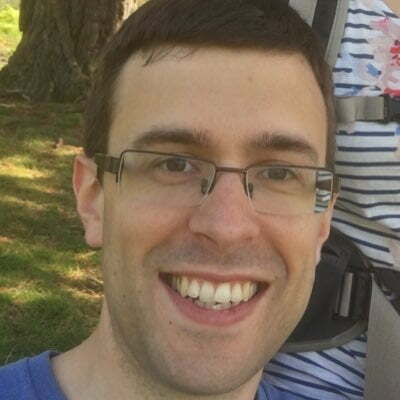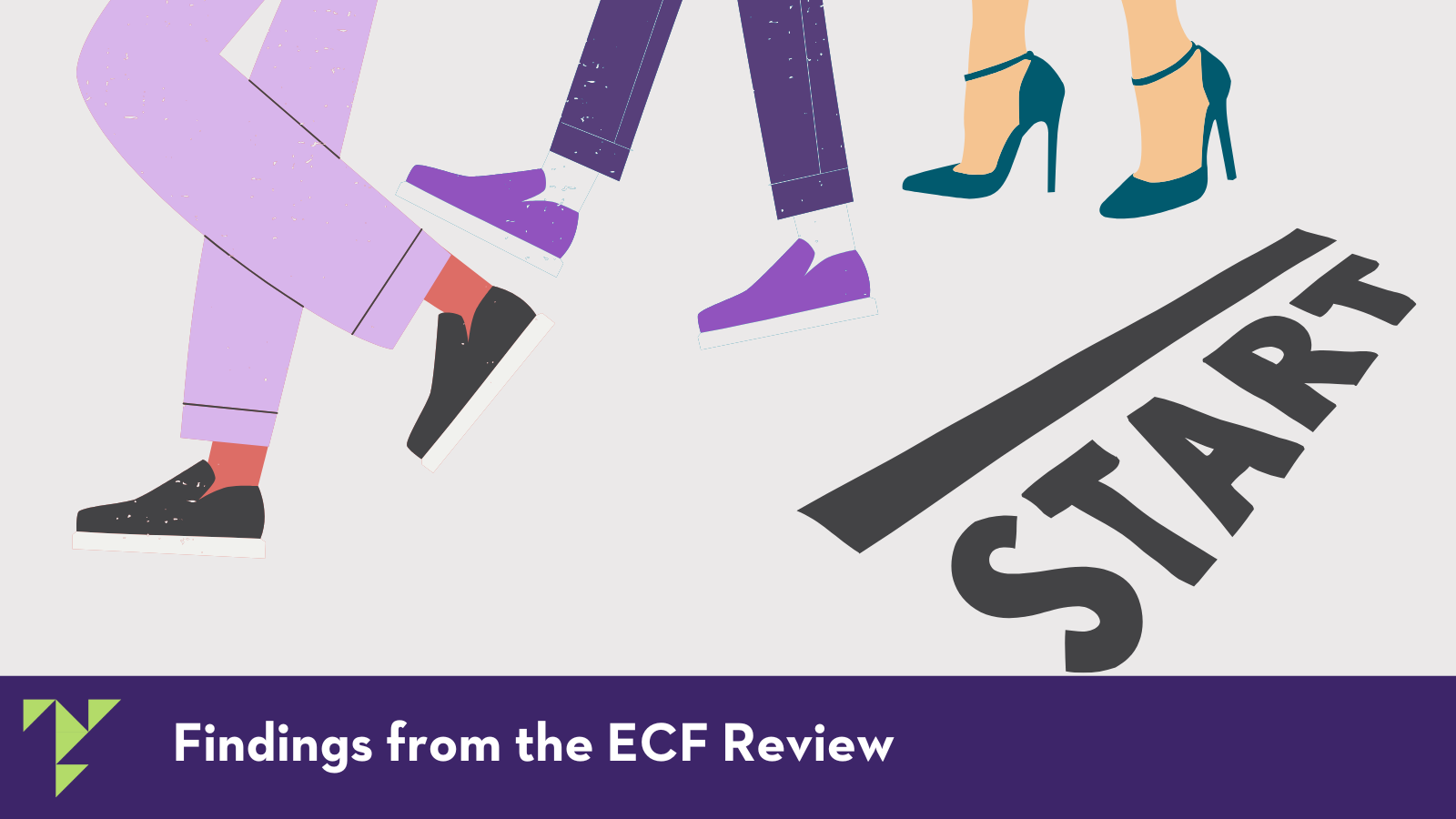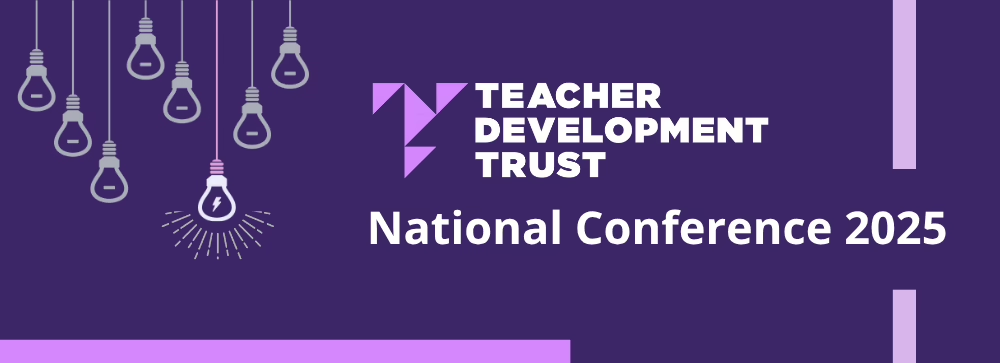 A guest post for TDT by Pete Foster (@CurricTeamLead), Assistant Headteacher at Bridgwater College Academy, based on his series of blogs.
A guest post for TDT by Pete Foster (@CurricTeamLead), Assistant Headteacher at Bridgwater College Academy, based on his series of blogs.
If you could improve one aspect of your knowledge as a teacher, what would it be? I’m guessing, given current concerns, you might choose subject knowledge.
This move from a generic understanding of pedagogy to one inextricably linked to the curriculum and the subject feels revolutionary. But Lee Shulman (1986) was making the case for content knowledge and its ties to pedagogy in the mid-eighties, calling it ‘The Missing Paradigm’ of teacher education.
Shulman’s seminal categorisation of teacher knowledge is one source for the recent Great Teaching Toolkit (2020) and its ‘Understanding the Content’ strand. His writing seems prescient, sharing our concerns about curriculum and subject knowledge, whilst he reacts against training programmes apparently devoid of content knowledge.
More than ever, teachers are eager to spend their own time developing their own knowledge. Research can – tentatively – tell us how best to spend this time and four areas we might focus our attention on.
Subject Content Knowledge
Subject Content Knowledge is pure subject knowledge, described by Shulman as ‘the amount and organisation of knowledge’ teachers have about their subjects. Teachers develop this knowledge when they read about and around their subject, when they attend conferences, courses and engage in other CPD, and when they complete qualifications relevant to this subject area.
Does having this knowledge lead to better outcomes for students? Or does working to increase this knowledge improve the impact of a teacher? The answer to these questions is not no but it is also quite a way from yes.
As Harris and Sass (2007) found, investigations showed that university level qualifications, whilst perhaps poor proxies for teacher knowledge, are no great predictor of teacher quality. The university qualification is often the starting point for the teacher so what about interventions which work to improve subject knowledge of serving teachers? In one such study, ‘higher levels’ of subject knowledge had ‘no direct impact’ on student learning (Baumert et al, 2010). Another study found that CPD based interventions could help teacher effectiveness but only for the teachers with the weakest subject knowledge (Hill et al, 2005).
Whilst pure subject knowledge CPD might be useful for non-specialists or those with weaker subject knowledge, it will see limited returns over time. Something has to be done with that knowledge.
Pedagogical Content Knowledge
Pedagogical content knowledge is the knowledge teachers have of how to teach, explain, model, correct and feedback in their subjects. Shulman (1987) described it as ‘that special amalgam of content and pedagogy’. The Great Teaching Toolkit (2020) describes this as ‘knowing and being able to explain the dependencies and connections among different parts of the curriculum and hence the requirements for sequencing’.
Whilst developing content knowledge alone will only have limited returns on student outcomes, developing pedagogical content knowledge has lots of promise. Baumert et al (2010) found that pedagogical content knowledge ‘makes the greatest contribution to explaining student progress’ in investigations comparing with subject content knowledge. Whilst pedagogical content knowledge can’t exist without content knowledge, the former is a better predictor of teacher impact than the latter.
Shulman (1987) describes how content is ‘grasped, probed and comprehended by a teacher… Then the idea is shaped or tailored until it can in turn be grasped by the students.’ If we think about modelling in our subjects, there are general principles we might consider applying, like narrating our thought process or matching the format with the students. There might be some crossover when an English teacher models that analytical paragraph and when a history teacher does the same but they’ll be narrating largely different things, referencing totally different domains.
For some, this is an argument against all or most generic teaching and learning CPD. I’m not sure I buy that, and there’s evidence to suggest certain types of T+L CPD can have a positive impact, but time needs to be given to distilling the evidence and best practice into the subject and context.
Teachers also need time to take inert subject knowledge and turn it into pedagogical content knowledge. Shared planning and curriculum development allow staff to grasp and probe their content knowledge and apply it to their teaching.
Knowledge of Students
The Great Teaching Toolkit (2020) has as one of its Understanding the Content strands that teachers should have ‘Knowledge of common student strategies, misconceptions and sticking points in relation to the content you are teaching.’ The Toolkit describes how great teachers ‘design their presentations and learning activities to anticipate and address’ the misconceptions that are likely to arise.
Another facet of knowledge of students is what we know about the class in front of us. Teachers might rightly feel sceptical about enforced types of knowledge of students. Too often this has involved brutally condensing information into a colour-coded seating plan which staff are expected to both have immediately available for observers and not really need themselves because, of course, they know it by heart.
But certain kinds of knowledge of students do quite unsurprisingly relate to effectiveness as a teacher. Hill and Chin (2018) found that teachers were more effective when they had more detailed, accurate knowledge of what their students knew and what they were on track to achieve. In response to this finding, Hill and Chin suggest that ‘interventions designed to improve teachers’ knowledge of student learning may bear fruit’.
Knowledge from Expertise
Harris and Sass (2007) note that increasing teacher experience tends to lead to improved student outcomes. Experience clearly isn’t an indicator of expertise but will be a necessary condition for expertise to develop. Dylan Wiliam (2018) has suggested that it could take 10 years for a teacher to gain this expertise.
Hogan et al (2003) describe how experts tend to see the principles underlying their knowledge whilst novices see surface features. To see this another way, Berliner (2004) describes how it takes 3 to 5 years until teachers are no longer surprised by what happens in their classroom.
On the difference between expert and novice teachers, Hogan et al (2003) describe how:
- Experts think in terms of individual students. Novices think in terms of whole classes.
- Experts were willing to adapt lessons. Novices tended to stick to what had been planned.
- Experts focus on long-term learning. Novices focus on the short-term or the next lesson.
- When experts reflected, they were able to focus more keenly on the day’s learning than novices.
- In various studies where experts and novices had to comment on classroom situations (either in writing or through video), experts were more able to define the problem in the situation than novices, who tended to look for quick-fixes and solutions.
- Experts tend to see the whole room. Novices tend to fixate on one area, sometimes missing things going on elsewhere.
Whilst there is no short-cut to experience, understanding how experts think can help us support inexperienced teachers to develop faster. Some of the research suggests this will happen through examination of written or videoed case studies, through observation of yourself (videoed) and of others, and through coaching.
The conversation about teacher knowledge happens in a field of conflicting ideas, values and evidence and it’s possible to get lost as we have the discussion from very different starting points. I’ve described four types of knowledge; we could conceivably come up with more.
The types of knowledge discussed are also not, for the most part, comparable in that they all can be effective depending on circumstances. But there are nuances, surprises and best bets in this research which hopefully are interesting for anyone who is keen to develop as a teacher or help others to the same.
References
Berliner, D.C. (2004). Expert Teachers : Their Characteristics , Development and Accomplishments.
Coe, R, Rauch, CJ, Kime, S and Singleton, D. (2020). Great Teaching Toolkit Evidence Review. Cambridge Assessment International Education.
Baumert, J, Kunter, M, Blum, W, Brunner, M, Voss, T, Jordan, A, Klusmann, U, Krauss, S, Neubrand, M, and Tsai, Y. (2010). Teachers’ Mathematical Knowledge, Cognitive Activation in the Classroom and Student Progress. American Educational Research Journal. 47(1). pp 133-180.
Harris, D and Sass, T. (2007). Teacher Training, Teacher Quality and Student Achievement. National Center for Analysis of Longitudinal Data in Education Research.
Hill, H, Rowan, B, and Ball, D. (2005). Effects of Teachers’ Mathematical Knowledge for Teaching on Student Achievement. American Educational Research Journal. 42(2). pp 371-406.
Hill, H and Chin, M. (2018). Connections Between Teachers’ Knowledge of Students, Instruction and Achievement Outcomes. American Educational Research Journal. 55(5). Pp.1076-1112.
Hogan, T, Rabinowitz, M and Crave, J. (2003). Problem Representation In Teaching: Inferences from Research of Expert and Novice Teachers. Educational Psychologist.
Shulman, L. (1986). Those Who Understand: Knowledge Growth in Teaching. Educational Research. 15(2). pp4-14.
Shulman, L. (1987). Knowledge and Teaching: Foundations of the New Reform. Harvard Educational Review. 57(1).
Wiliam, D. (2018). Creating the Schools our Children Need. West Palm Beach: Learning Sciences.




